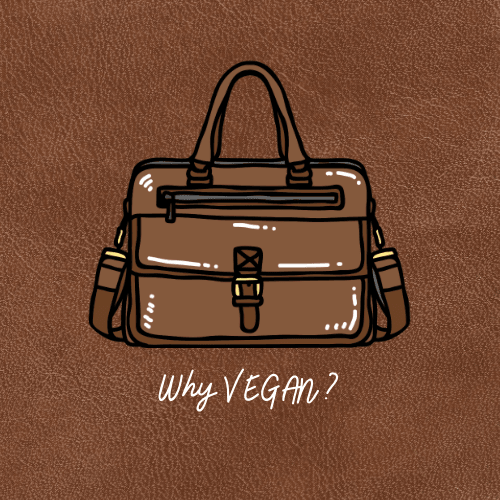
Vegan Leather: A Sustainable Choice for a Greener Future
Share
In recent years, there has been a growing awareness of the environmental impact of traditional leather production. As a result, many consumers are turning to vegan leather as a more sustainable alternative. Vegan leather, also known as faux leather or synthetic leather, offers the look and feel of traditional leather without the use of animal hides. In this blog post, we'll explore why vegan leather is important for the environment and how it contributes to a greener future.
Benefits of Vegan Leather
1. Cruelty-Free: One of the primary reasons consumers choose vegan leather is its cruelty-free nature. By opting for vegan leather, individuals can enjoy stylish and durable products without harming animals.
2. Reduced Environmental Impact: Vegan leather production typically requires fewer resources and generates lower greenhouse gas emissions compared to traditional leather production. It eliminates the need for animal agriculture, which is a major driver of deforestation, habitat loss, and biodiversity decline.
3. Innovation and Sustainability: Advances in technology have led to the development of innovative materials for vegan leather, such as pineapple leaves, cork, mushroom leather, and recycled plastics. These sustainable alternatives reduce reliance on finite resources and offer eco-friendly options for conscious consumers.
4. Waste Reduction:Vegan leather can be produced from recycled materials or byproducts of other industries, reducing waste and promoting circularity. By repurposing materials that would otherwise end up in landfills, vegan leather contributes to a more circular economy.
5. Versatility: Vegan leather is available in a wide range of textures, colors, and finishes, offering versatility for designers and consumers alike. Whether used in fashion, furniture, automotive interiors, or accessories like bags and shoes, vegan leather provides stylish alternatives that align with ethical and environmental values.
In conclusion, vegan leather offers a sustainable and ethical alternative to traditional leather, making it an important choice for consumers concerned about the environment. By opting for vegan leather products, individuals can reduce their ecological footprint, minimize animal cruelty, and support innovation in sustainable materials. As awareness grows and demand for eco-friendly products increases, vegan leather is poised to play a significant role in shaping a greener and more compassionate future for fashion and beyond.
